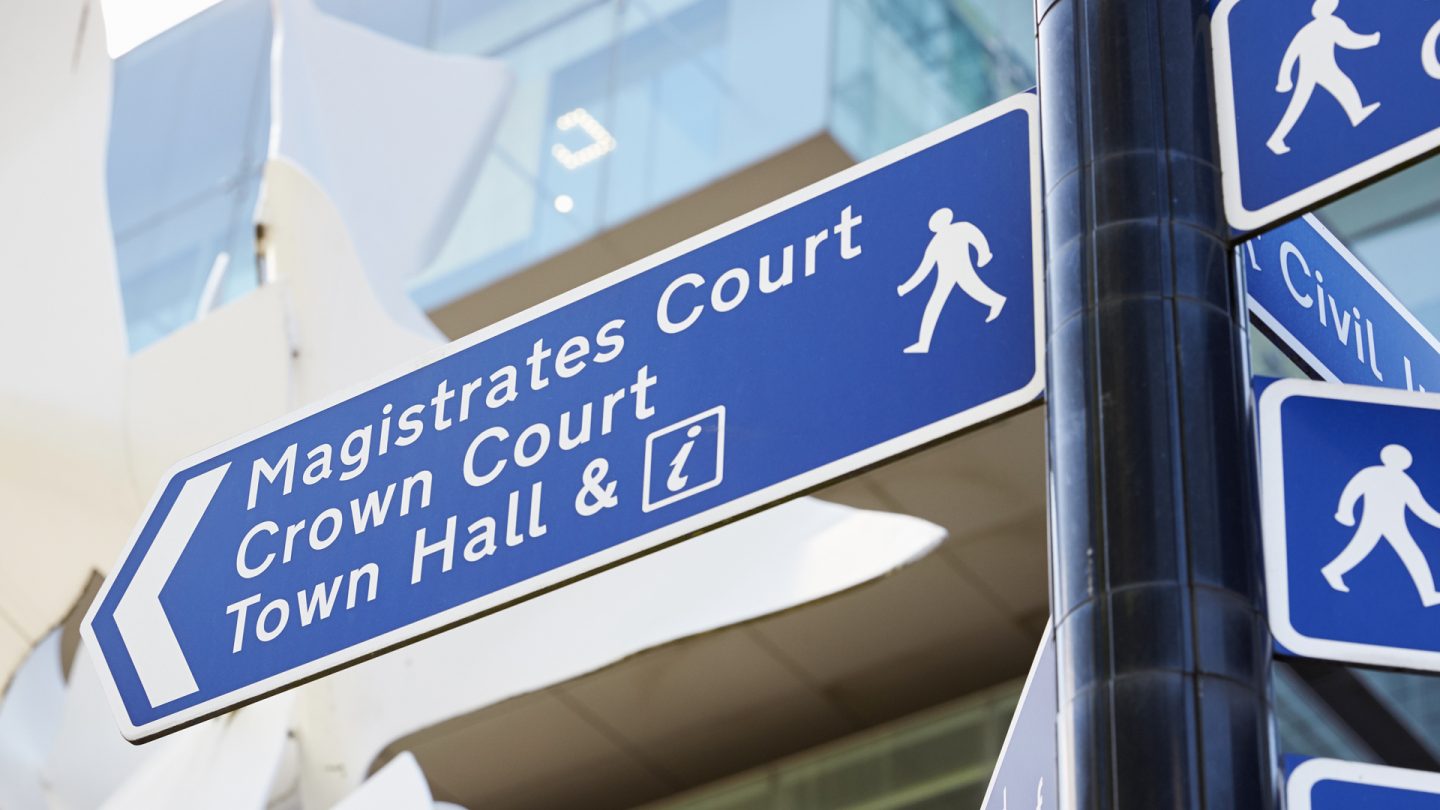Expert Solicitors Providing Legal Advice and Advocacy
Solicitors in Stockport & Solicitors Manchester
We are highly qualified and specialist Solicitors in Stockport & Manchester. Whenever you need expert legal advice or representation, you can always rely on Clifford Johnston & Co.
We are committed to providing the best legal advice and advocacy. Our practice is founded on exceptional values and excellent standards of client care.
We have over 35 years of experience providing specialist legal advice across a wide range of services and sectors. If you need to access exceptional legal advice then talk to one of our Solicitors in Stockport or Solicitors in Manchester today.
Belshaws Solicitors merged with Clifford Johnston & Co Solicitors with effect from 1st Feb 2020. The combined firm now benefits from the well-established offices in Heaton Moor & Burnage. The merger brings additional strength and depth to the combined team at Clifford Johnston & Co.
Service Pledge
Our client approach is summarised in our Service Pledge that all of us at Clifford Johnston & Co work towards, all the time.
Our Service Pledge is that we will:
- Be honest with you and treat you with politeness and respect
- Tailor our services to your particular needs, where possible
- Listen carefully so that we understand your circumstances and your issues
- Make sure that you know the lawyer that is dealing with you
- Always be very responsive
- Always let you know where your case is up to and where it is going
- Clearly explain all your options so that you have the confidence to make the right decisions
- Avoid using legal jargon
- Avoid causing delays in your case and try to stop others from causing delays
- Keep you informed about costs on a regular basis
- Ask you how we are doing as your case progresses
- Act immediately whenever any concern or complaint is raised about our work
Our Stockport & Manchester Solicitors teams include specialists in legal service areas such as Criminal Defence (including specialist Serious Crime Solicitors) & Regulatory Law, Family Law, Divorce, Wills and Probate, Personal Injury claims, and Conveyancing.
Our Solicitors in Stockport (Heaton Moor) & Manchester (Burnage) are easily accessible. We have offices located near all major transport links across the Northwest. We represent clients not only locally and throughout Stockport, Cheshire, Lancashire & Manchester but also across the United Kingdom. You can count on us to help and guide you whatever your challenge or circumstance.
We are proud of the strong and positive reputation that we, as a firm, have developed over many years. We are recognised for being wholly client-focused, approachable, professional, and reliable. A strong indicator of our brand values is the level of repeat custom we generate from clients as they progress through life, relationships and careers. The testimonials displayed on our website reflect the positive impact that we have on the lives of our clients. We regularly receive such testimonials.
Our experienced lawyers include solicitors who are experts in their respective fields. We build lasting relationships with our clients and most of our work comes from existing clients and referrals and recommendations from clients and fellow professionals.
Contact Our Solicitors in Stockport, Cheshire & Manchester
We are proud of the service we give and the impact we make on our clients. If you need advice or representation please call and speak to one of our team. We can make a difference.
We offer a totally bespoke service to all our clients which is achieved by providing expert and practical legal advice combined with a determination to achieve the best possible results – all done in a personal but professional manner.
Call today or complete the enquiry form and we will get back in touch with you quickly. We will always respond promptly and we will be happy to help.
Solicitors in Stockport & Solicitors Manchester
We are proud of the service we give and the impact we make on our clients. If you need advice or representation please call and speak to one of our team, we can make a difference. We offer a totally bespoke service to all our clients which is achieved by providing expert and practical legal advice combined with a determination to achieve the best possible results – all done in a personal but professional manner.
Conveyancing
Learn More
Criminal Defence
Learn More
Immigration
Learn More
Wills & Probate
Learn More
Inquests
Learn More
Family & Matrimonial
Learn More
Personal Injury
Learn More
Mediation
Learn More
Contempt of Court
Learn More
Professional Negligence
Learn More
Mental Health
Learn More
Unlawful Detention
Learn More
Regulatory Law
Learn More
The Clifford Johnston Approach
Manchester & Stockport Solicitors
We work hard to get to know and understand the hopes and expectations of our clients and the service we offer is tailored to the individual needs of each particular client.
We provide expert advice and assistance to clients across a range of areas.
Our team comprises some of the most highly regarded Solicitors in Manchester, while our Stockport team boasts a wealth of expertise and some of the most recognisable Solicitors in Cheshire, most of whom have worked with the firm for over 10 years. We have an excellent reputation for representing clients across an array of legal areas.
Legal expertise
Our Solicitors in Stockport and Manchester have in-depth legal expertise in their specific practice areas.
We provide expert legal advice across a wide range of general and niche areas of law but we will only take on your case if we have the expertise required. If we can’t help you then we will try and put you in touch with someone who can.
When it comes to protecting the interests of you or, your family it is important to feel confident that you are getting the very best legal advice from professionals who are approachable, knowledgeable, and caring.
Client care
We aim to achieve consistent, excellent standards of client care. Our Service Pledge has been developed by all our staff and provides us with a framework by which we maintain excellent levels of client satisfaction.
We are approachable and responsive and you will have direct access to the lawyer handling your case.
We will always communicate with you honestly, respectfully, professionally, and with care and sensitivity.
We offer a totally bespoke service to all our clients which is achieved by providing expert and practical legal advice combined with a determination to achieve the best possible results – all done in a personal but professional manner.
In short, we care about our clients.
Cost and accessibility
We are committed to ensuring cost-effective pricing for the services that we provide and we ensure that our pricing is fair and transparent.
We provide Legal Aid in the areas of criminal defence, mental health, and housing work for tenants. In certain other areas of work, we can offer no-win, no-fee terms that allow you to pursue a claim that might otherwise not be financially viable.
Having offices both in Manchester and Stockport, we are easily accessible for appointments. If you cannot come to us, we may be able to come to you and we are often able for appointments outside of normal office hours and at short notice.
We have built a fantastic reputation for excellence and will always champion the rights, freedoms, and reputations of all our clients.
For more information and to speak to one of our Solicitors in Stockport or Manchester – contact us today
Client comments about the level of service supplied

Clifford Johnston & Co. Accreditations
The latest from our news posts
Need some professional advice?
Do you have any issues that you are worried about? Contact our professional team for a free, no-obligation informal discussion, where we can discuss your particular requirements in greater detail.














